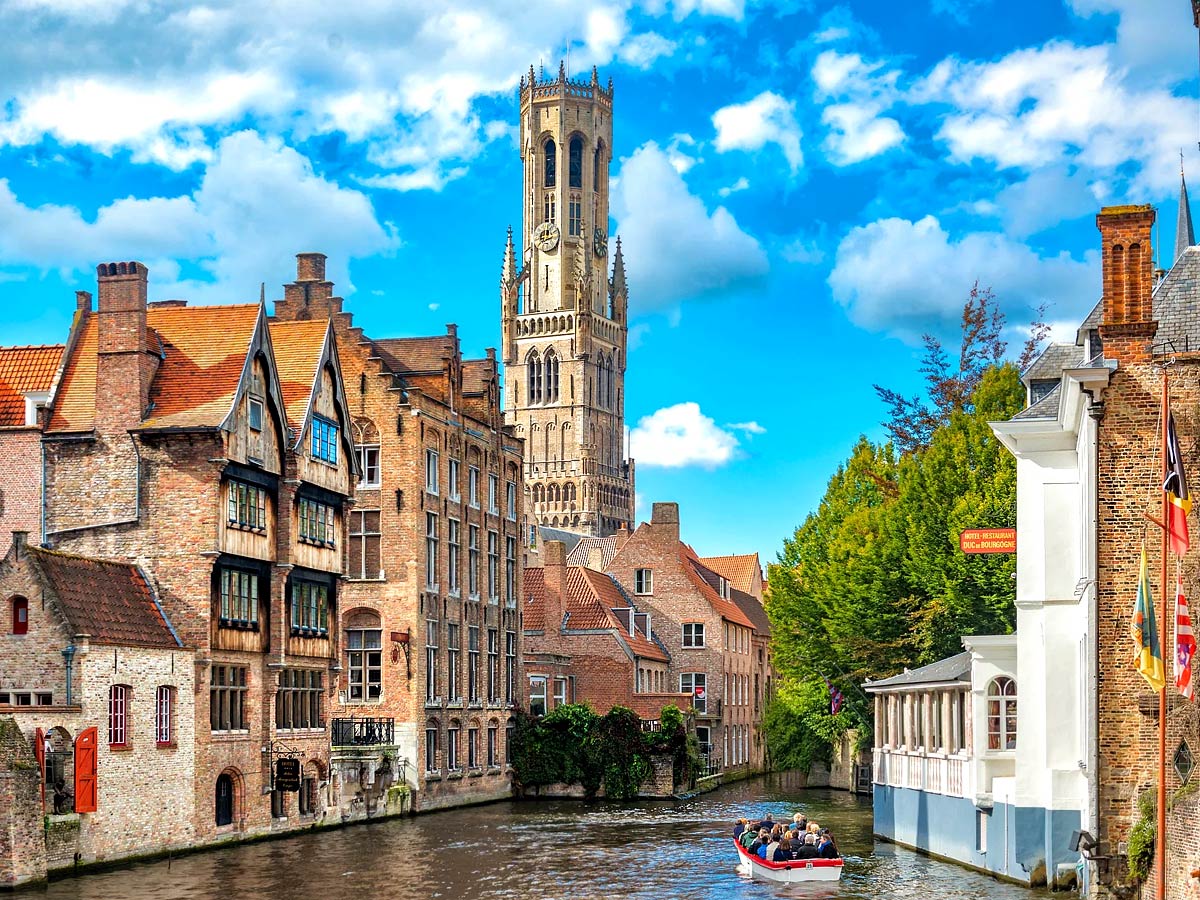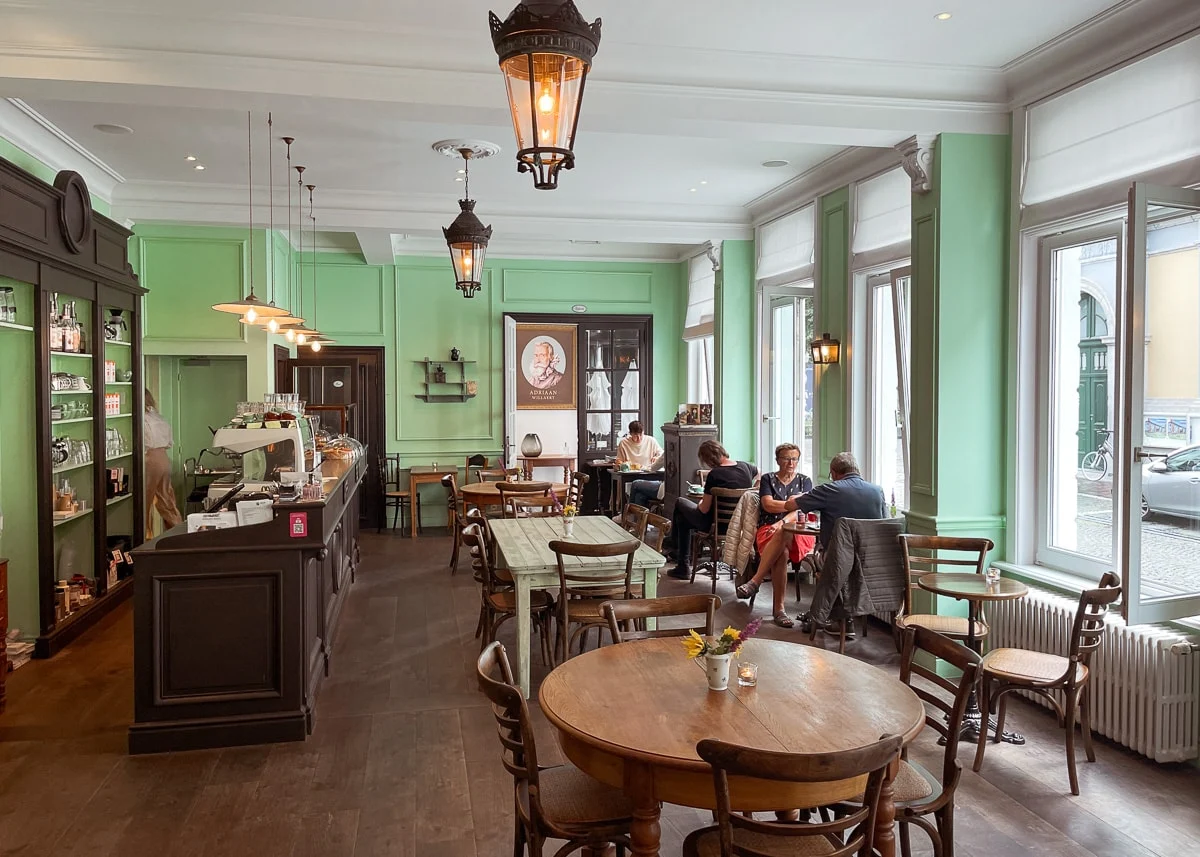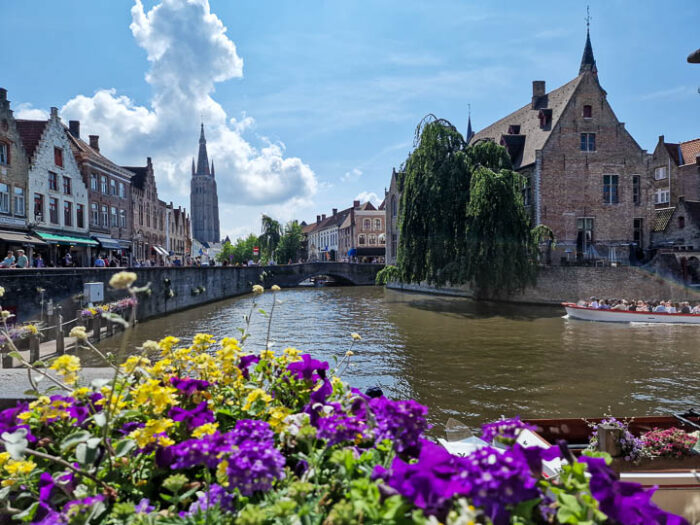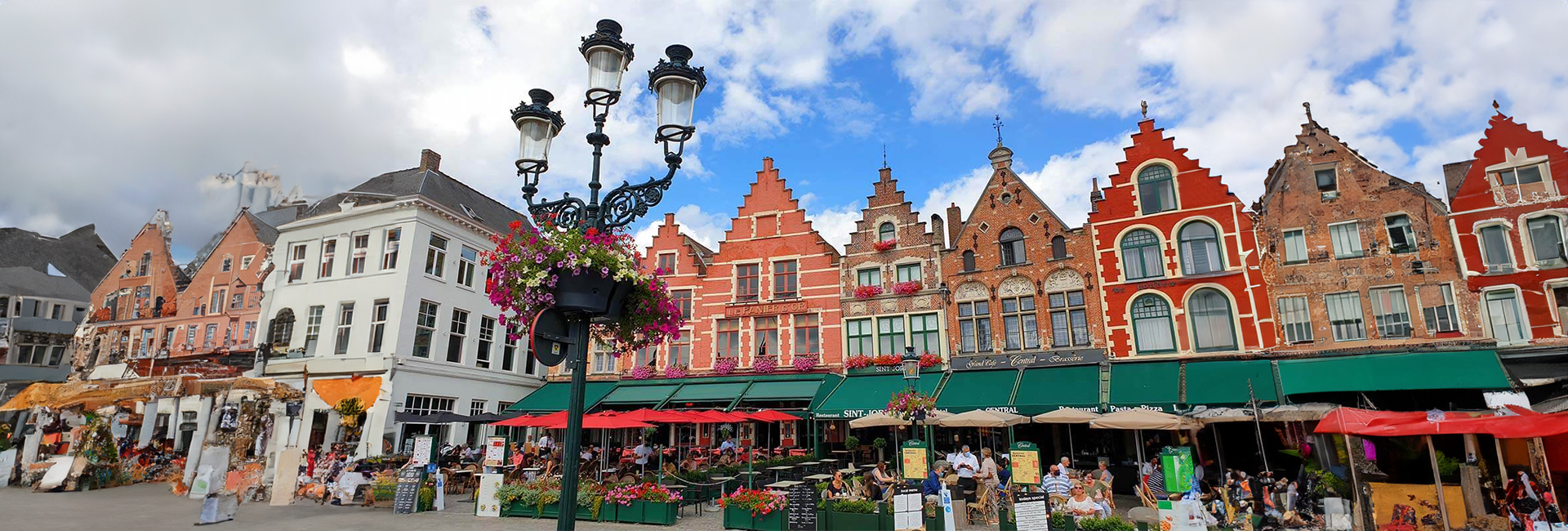Bruges, Belgium, Zip Code: 8310
The first time I saw Bruges, I felt like I had stepped into a painting. Its cobbled streets seemed too perfect, its canals too serene, its medieval charm almost surreal. As I stood in the bustling Market Square, the Belfry towering above me, I should have felt exhilarated. Instead, I was lonely, utterly out of place in a city that looked more like a fairytale than real life.
I hadn’t chosen Bruges; Bruges had chosen me. My name is Aditya Mehta, and I’m a software engineer from Pune, India. When my company offered me a transfer to Belgium, I thought of Brussels, waffles, and chocolate—not a city where the loudest sound at night is the swans gliding over moonlit water.
I arrived in early spring, dragging my suitcase across a street so picturesque it could have been a movie set. My first impression? Silence. It wasn’t the peaceful kind I’d been craving but the eerie kind that makes you feel like the last person on Earth. I missed the chaos of Pune, the honking rickshaws, the scent of vada pav wafting through the streets.

And yet, Bruges was about to show me its magic.
A Café and a Conversation
My first weeks in the city were hard. The locals were kind but distant, their conversations in Dutch or French flowing around me like an impenetrable wall. Even small errands felt daunting. But one Saturday, as I wandered aimlessly, I stumbled into a little café near the old Sint-Janshospitaal.
The smell of waffles pulled me in, and I hesitantly ordered in English, bracing for a raised eyebrow or a sigh. Instead, the woman at the counter, Charlotte, smiled and said, “New here?” in perfect English. I nodded, and soon we were chatting like old friends. She was a history teacher who loved Indian food and knew more about Bollywood than I did.
“Bruges is like that,” she said. “At first, it’s just a pretty picture. But stay long enough, and it starts talking to you.”
I didn’t know it then, but that chance encounter was the first crack in the walls I had built around myself.
Building Bridges
Charlotte invited me to a language exchange group, and I decided to give it a try. Held in a cozy pub by the Groenerei canal, it was a mix of expats and locals eager to practice different languages. At first, I sat quietly, intimidated by the lively chatter. Then I met Carl, a Flemish artist with a booming laugh, and Sophia, an Italian nurse who immediately started asking me about Indian spices.
They made me feel welcome in a way I hadn’t expected. Over time, I learned to laugh at my clumsy Dutch (“Eén pintje, alstublieft” took me weeks to master) and began to share pieces of my culture with them.

It was through Carl that I discovered Bruges’ hidden life. He showed me quiet corners of the city—an alley where an old man played the violin at dusk, a tiny chapel where candles flickered against ancient stone walls. “This is the real Bruges,” he told me one evening, as we stood on a bridge watching the canals shimmer in the moonlight.
Cricket and Curry
Surprisingly, I found another home in an unexpected place: a cricket field on the outskirts of the city. A small group of Indians, Pakistanis, and a few curious Belgians gathered there every weekend to play. The sight of a cricket bat felt like a warm hug from home, and soon, the matches became the highlight of my week.
After every game, we’d share a potluck meal. I brought biryani, others brought curries and kabobs, and the Belgians added fries and beer to the mix. It was chaotic, joyful, and familiar—a little slice of home in a city far from it.
A Diwali to Remember
Last Diwali, I decided to invite my new friends over. I wasn’t sure if they’d understand the festival, but they were excited. I cooked simple dishes—dal, pulao, and gulab jamun—and lit diyas around my tiny apartment.
When everyone arrived, they brought their own traditions with them. Charlotte brought Belgian chocolates, Carl painted a diya on a small canvas, and Sophia attempted her first ever Bollywood dance step. The laughter and warmth filled the room, and for the first time since arriving in Bruges, I felt completely at home.

That evening, Carl handed me his painting: a golden diya floating on one of Bruges’ canals. “This is what you’ve brought to our city,” he said.
Learning to Listen
Bruges taught me to slow down and pay attention to the quiet. In Pune, life raced by in a blur. Here, I began to notice the small joys—a baker saving me the last almond croissant, the soft glow of the streetlights reflected in the canal, the friendly nods from neighbors who had begun to recognize me.
It wasn’t just the city that changed; I changed too. I learned to balance the parts of myself that belonged to Pune with the parts that Bruges had nurtured.
Now, when I walk along the Minnewater Lake at sunset or share a beer with Carl by the canal, I feel the connection that once seemed so impossible. Bruges, with its quiet streets and reserved people, had welcomed me in its own way.
If you ever visit, don’t rush through its streets like a tourist. Stay a while. Watch the swans on the water, talk to the locals, and let the city whisper its secrets to you. You might just find, as I did, that beneath its perfect surface lies a place with a heart big enough to make anyone feel at home.

- Check out more neighbourhood stories on Global Indian
